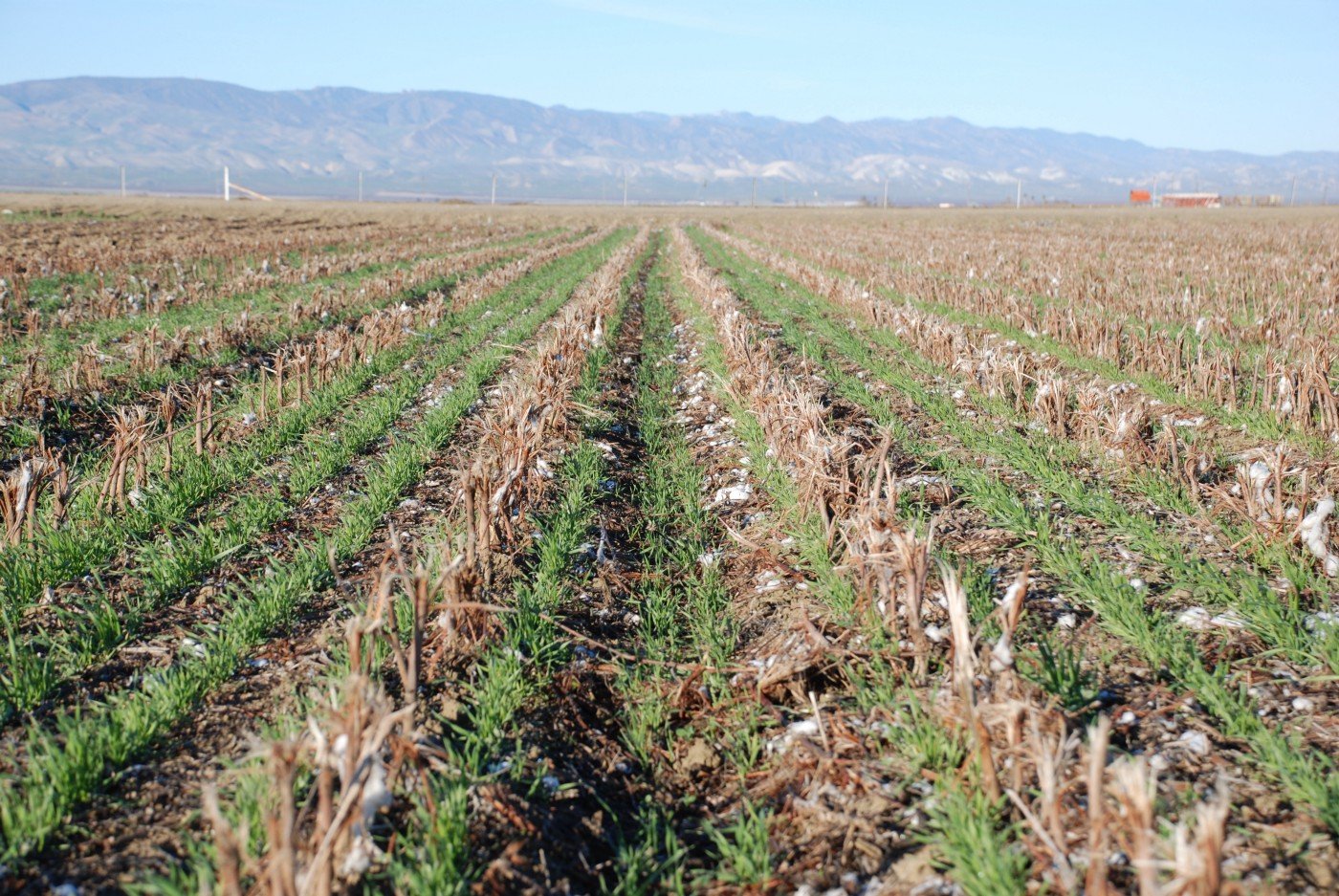
Protecting natural habitats from extinction
Our Priorities:
FarWide Conservation Trust will accomplish its mission to promote outdoor recreational opportunities and conserve important habitats for fish and wildlife by focusing on four important initiatives:
1) Habitat Conservation in the PPR.
The Prairie Pothole Region (PPR) is the most important waterfowl breeding habitat in North America and is also important breeding and migration habitat to many other shorebirds, wading birds and others. Unfortunately, most of the original small, shallow wetlands have been drained and surrounding native prairies plowed up and converted to crop production. To maintain healthy populations of wetland dependent migratory birds, it is imperative that we restore and protect important habitats. FarWide Conservation Trust is using a unique “revolving habitat” strategy to acquire, restore and protect previously destroyed habitat. We recently completed a grassland project in Marshall County that enhanced 320 acres of native grassland habitat, benefiting waterfowl, sharp-tailed grouse, grassland nesting songbirds and many other species of wildlife.
2) “Landlocked” Public Lands
FarWide Conservation Trust is dedicated to the expansion of opportunities for outdoor recreational activities. Lack of access to quality lands faces all outdoor enthusiasts. Public lands that are available for outdoor activities are often crowded and overused, reducing the quality of the outdoor experience. Additional opportunities are desperately needed to meet this growing need. A big challenge is the issue of “landlocked” public lands. A landlocked parcel is a property owned by a public agency, but lacks public access, and thus eliminates public use opportunities for anyone who doesn’t own a helicopter. FarWide Conservation Trust is addressing this challenge through a unique exchange program, resulting in better properties being placed into public ownership and providing opportunities for high quality outdoor experiences.
3) Regenerative Agriculture
FarWide Conservation Trust is dedicated to promoting “Regenerative Agriculture”, an approach to agriculture that focuses on regenerating soils, increasing biodiversity and natural soil biological process, minimizing soil disturbance, improving the water cycle, increasing carbon sequestration and enhancing ecosystem services, including wildlife habitat. We believe some of our world’s most pressing environmental challenges can be successfully addressed through widespread adoption of regenerative practices throughout our food production system. FarWide Conservation Trust is developing partnerships with a variety of landowners and conservation organizations, including: Ecdysis Foundation, South Dakota Grassland Coalition, Kansas Alliance for Wetlands and Streams and many others to promote the adoption of regenerative agriculture on working farms and ranches across the country.
"There are two spiritual dangers in not owning a farm. One is the danger of supposing that breakfast comes from the grocery, and the other that heat comes from the furnace."
-Aldo Leopold, American conservationist
4) Other Focal Landscapes
FarWide will also develop project initiatives in several other focal landscapes, particularly landscapes that are important for migratory waterfowl and other migratory birds, as well as habitats that are critically important for other wildlife species or provide unique and urgently needed opportunities for outdoor recreation. For example, the Texas Coastal Plain is a very important landscape. Coastal Plain wetlands provide some of the most important migration and wintering habitat for waterfowl and other wetland-dependent birds in North America. However, natural resources in this area are under great threat due to a rapidly growing human population, habitat loss due to expansion of solar farms, housing developments, and more. The reduction in acres planted to rice in this landscape due to loss of irrigation water is yet another factor that is reducing habitat for waterfowl and other birds. FarWide is working with several partners and landowners on numerous projects in the Texas Coastal Plain, recently receiving good news on a $3 million grant proposal submitted to the U.S. Fish and Wildlife Service through the North American Wetlands Conservation Act.





